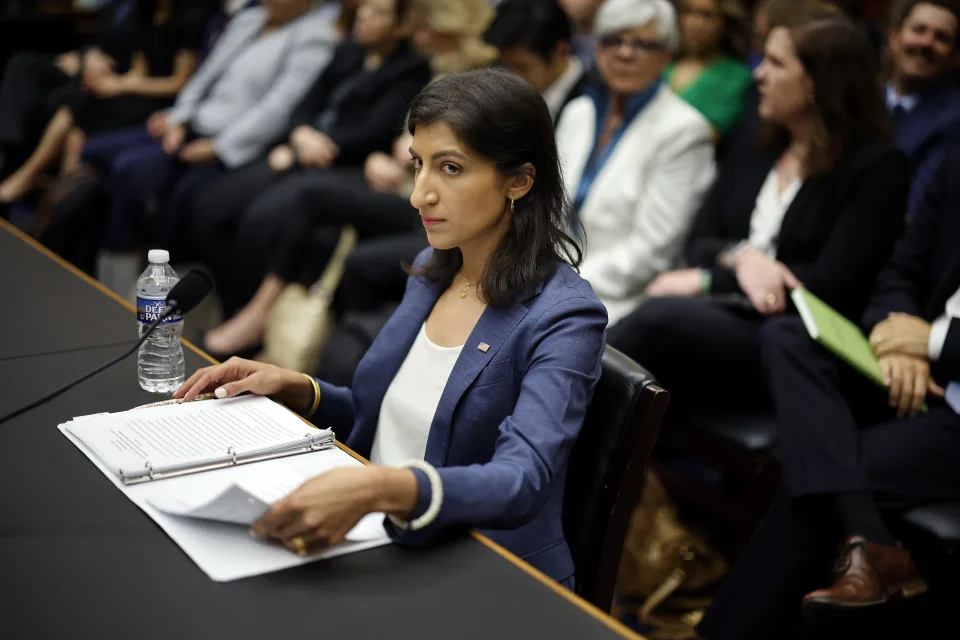OpenAI’s recent tumult has attracted not just the attention of UK regulators but also the Federal Trade Commission (FTC), as reported by Bloomberg. The FTC is reportedly conducting a preliminary inquiry into Microsoft’s investment in the company led by Sam Altman, examining whether it violates US antitrust laws. Lina Khan, the chair of the FTC, has previously expressed concerns about the potential for AI adoption to solidify the market dominance of large tech firms.
While the FTC has not initiated a formal investigation, it is said to be analyzing the situation and evaluating its options. The regulatory landscape is complicated by OpenAI’s nonprofit status, which exempts transactions involving non-corporate entities from mandatory reporting. Moreover, the $13 billion investment by Microsoft does not confer legal control over OpenAI, posing challenges for regulatory action. However, the recent events, including Altman’s removal and subsequent reappointment, underscore the intricate dynamics of Microsoft’s influence over the nonprofit, potentially transcending mere technicalities.

The UK’s Competition and Markets Authority (CMA) has indicated its contemplation of an investigation into the relationship between the two leading players in the AI landscape. The CMA mentioned its consideration of “recent developments,” alluding to the Altman-Microsoft controversy. In its news release, the CMA specified that it would assess whether the partnership resulted in an “acquisition of control,” involving one party having significant influence, de facto control, or more than 50% of voting rights over the other entity.
Lina Khan, who is also challenging Microsoft’s $69 billion Activision Blizzard acquisition, has previously emphasized the necessity of regulations for AI. In a statement in May, she underscored the FTC’s commitment to maintaining open, fair, and competitive markets, emphasizing the enforcement of existing laws without tolerating business models or practices that exploit users.




